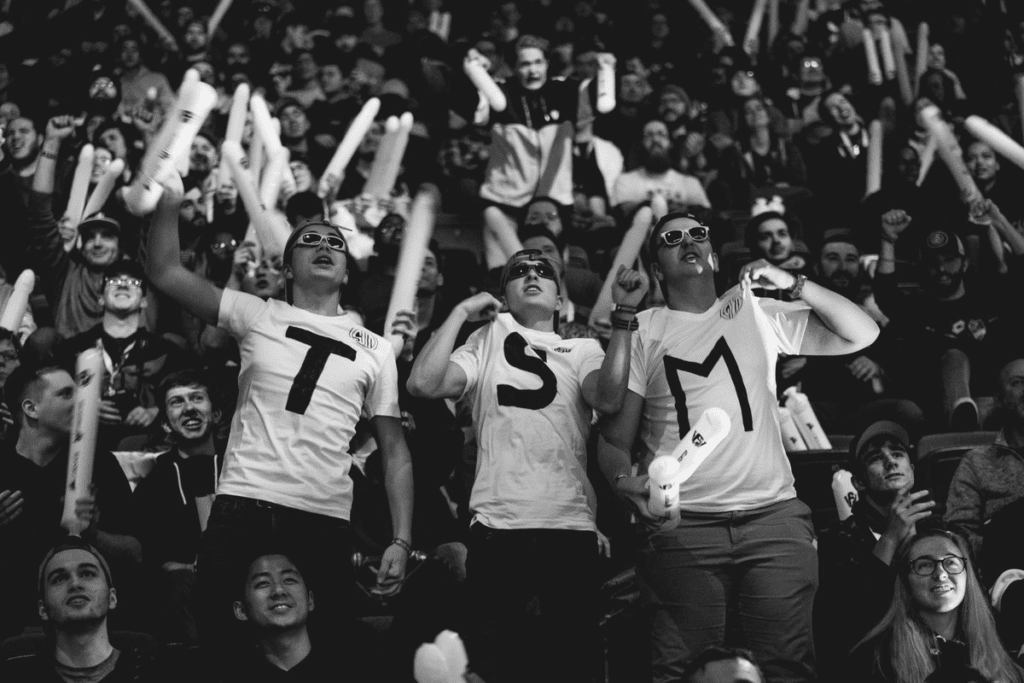In recent years, esports has become a rapidly growing industry, with millions of players and viewers worldwide highly invested in their favorite teams and video games. Esports involves competitive video gaming, where players compete against each other in a variety of games, such as League of Legends, Dota 2, and Overwatch.
With the rise of esports, there has been an ongoing debate about whether it should be considered a sport or not. In this debate, it’s important to explore both sides of the argument and analyze the evidence to determine whether esports should be considered a sport in 2023.
Definition of Sport
The first step in determining whether esports should be considered a sport is to define what a sport is. According to the Oxford English Dictionary, a sport is “an activity involving physical exertion and skill in which an individual or team competes against another or others for entertainment.”
This definition implies that sports require physical exertion and skill and involve competition, and given this definition, it’s very easy to argue why esports should be considered a sport.
Physical Exertion
One of the primary arguments against considering esports a sport is that it does not require physical exertion. Traditional sports like football, basketball, and tennis require physical strength, agility, and endurance to perform at a high level. In contrast, esports does not require the same level of physical exertion. Players sit in front of a computer screen for hours on end, using their fingers to control the game.
However, some esports games require physical dexterity and hand-eye coordination to perform at a high level. For example, professional esports players who compete in first-person shooter games like Counter-Strike: Global Offensive and Call of Duty need to have quick reflexes and precise aim to be successful, while players in MOBA games like Dota and League of Legends need good reflexes in order to hit and dodge abilities. These skills require a level of physical exertion that is similar to traditional sports.
Skill
Another key component of sports is the level of skill required to compete against other players at the top level. Traditional sports require a high level of skill, such as the ability to shoot accurately in basketball or hit a curveball in baseball. In esports, on the other hand, players need to have quick reflexes, strategic thinking, and precise hand-eye coordination to succeed.
Esports players also need to master the game mechanics of the games they compete in. They need to learn the rules of the game, understand the strategies, and be able to execute complex maneuvers to outplay their opponents. These skills require a significant amount of practice and dedication, just like traditional sports, and shouldn’t be diminished just because they’re conducted in front of a machine.
Apart from professional players, regular players who enjoy playing multiplayer games competitively also need an incredibly high level of skill to compete against other top-level players. The ranked ladders on some of these games have become so competitive that players started buying eloboosts to reach their desired rank.
Competition
The final component of sports is competition. Sports are defined by their competitive nature, where individuals or teams compete against each other to determine a winner. Esports is no different, as players compete against each other in organized tournaments and leagues.
As far as tournaments go, esports tournaments attract millions of viewers worldwide, with professional players competing for millions of dollars in prize money. The largest esports tournament, The International, which is the biggest Dota 2 tournament, has a prize pool of over $40 million. This level of competition is similar to traditional sports like basketball and tennis, which also have large prize pools and attract millions of viewers worldwide.

The Inclusivity of esports
One argument for considering esports a sport is their potential to be even more inclusive and accessible than traditional sports to people who aren’t naturally gifted enough to compete in sports. While physical sports require a certain level of athleticism, not everyone is able to participate in them.
In contrast, esports only require a computer or gaming console and an internet connection, which are much more accessible to a wider range of people. This means that esports have the potential to be a truly global phenomenon, bringing people from all walks of life together to compete and celebrate their love of gaming.
The Cultural Significance of esports
Another reason why some people argue that esports should not be considered a sport is that they lack the same level of tradition and history as traditional sports. Sports like football, baseball, and basketball have been around for decades or even centuries, with long-standing rules and established leagues.
In contrast, esports are a relatively new phenomenon that has only gained widespread popularity in the past few years. As such, they don’t have the same level of cultural significance as traditional sports, which is why it’s difficult to compare the two given the longevity that traditional sports have enjoyed for decades.

Conclusion
In conclusion, while some people argue that esports should not be considered a sport because it lacks physical exertion, there is evidence that it requires physical dexterity and hand-eye coordination to perform at a high level. Additionally, esports players need to have a high level of skill and compete against each other in organized tournaments, just like traditional sports. Therefore, it is reasonable to consider esports a sport.
Ultimately, whether or not esports should be considered a sport is a matter of perspective. While they may not fit the traditional definition of what a sport is, they still require a high level of skill and strategy and can be just as exciting and entertaining as traditional sports. Whether you consider them a sport or not, there’s no denying the impact that esports have had on the world of gaming and beyond, and their popularity is only set to continue to grow in the years to come.



